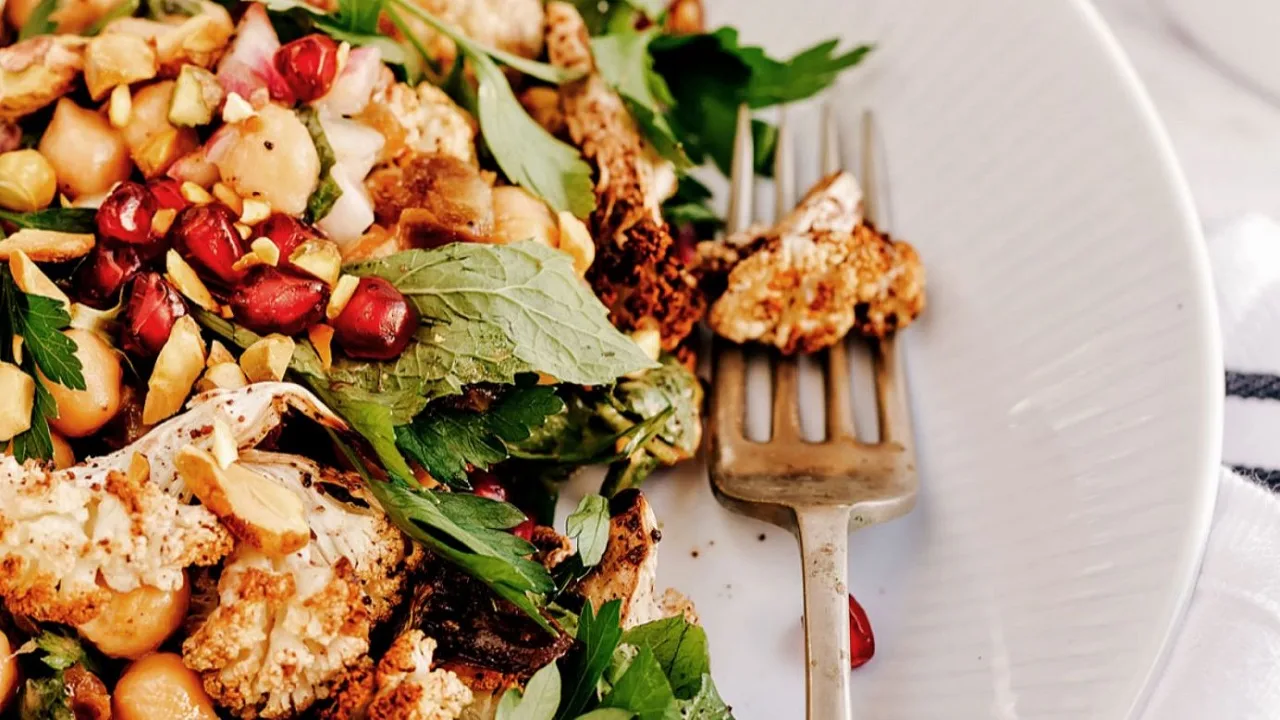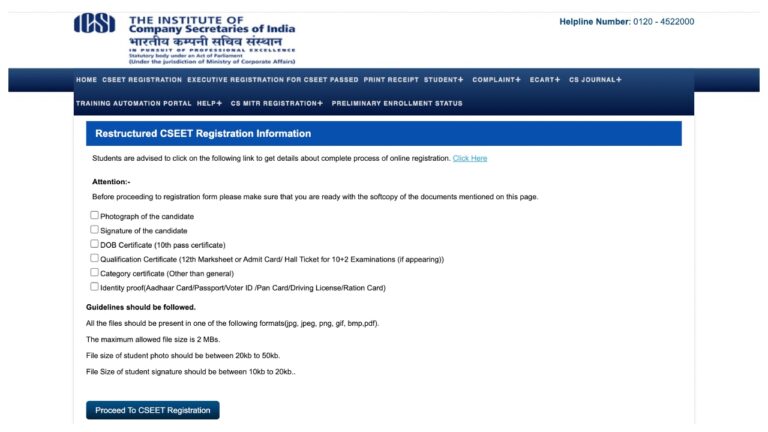Carbohydrates are notorious for making you fat and are out. But how useful are low-carb diets? Nutritionist Wilma Schmid provides information.
Limit potatoes, rice & pasta.
In a second step, you can limit starchy side dishes such as potatoes, rice, pasta or bread to your main meals. “Reduce, don’t leave out!” emphasizes Schmid. If you altogether avoid these foods, you also reduce your intake of other essential nutrients. A sensible alternative is, therefore, to switch to whole-grain rice, pasta, or baked goods. “This reduces refined carbohydrates but still ensures that your body receives many important nutrients.”
First, avoid artificial sugar and alcohol.
Nevertheless, low-carb diets usually only have short-term success, says Schmid. Because it is too strenuous for most people to go without certain foods in the long term. For the nutritionist, a low-carb diet can, therefore, at best, be a “kick-off strategy” to change eating habits in the long term. “Anyone who really takes low-carb seriously should first reduce their consumption of sweets, sugary drinks and alcohol. From a purely physiological point of view, you can even do without them completely.”
The more exercise, the more carbohydrates
According to Wilma Schmid, active athletes should avoid low-carb diets. “Carbohydrates are the most important source of energy and can be stored in the liver and muscles in the form of glycogen.” The general recommendations of the Swiss Society for Nutrition (SGE) recommend that 45 to 55 percent of daily energy intake should come from carbohydrates. If you consume 2200 kilocalories, this corresponds to around 275 grams of carbohydrates. By comparison, a low-carb diet usually contains between 50 and 150 grams of carbohydrates per day.
“The sense and nonsense of a low-carb diet therefore depends crucially on your individual lifestyle,” summarises Wilma Schmid. The less you move, the fewer carbohydrates you burn – and the fewer carbohydrates you need to consume. And what does Wilma Schmid say about the widespread opinion that you sleep better if you avoid carbohydrates in the evening? “I’ve heard that from clients too. This has not yet been scientifically proven, and there is no biochemical or physiological explanation.










